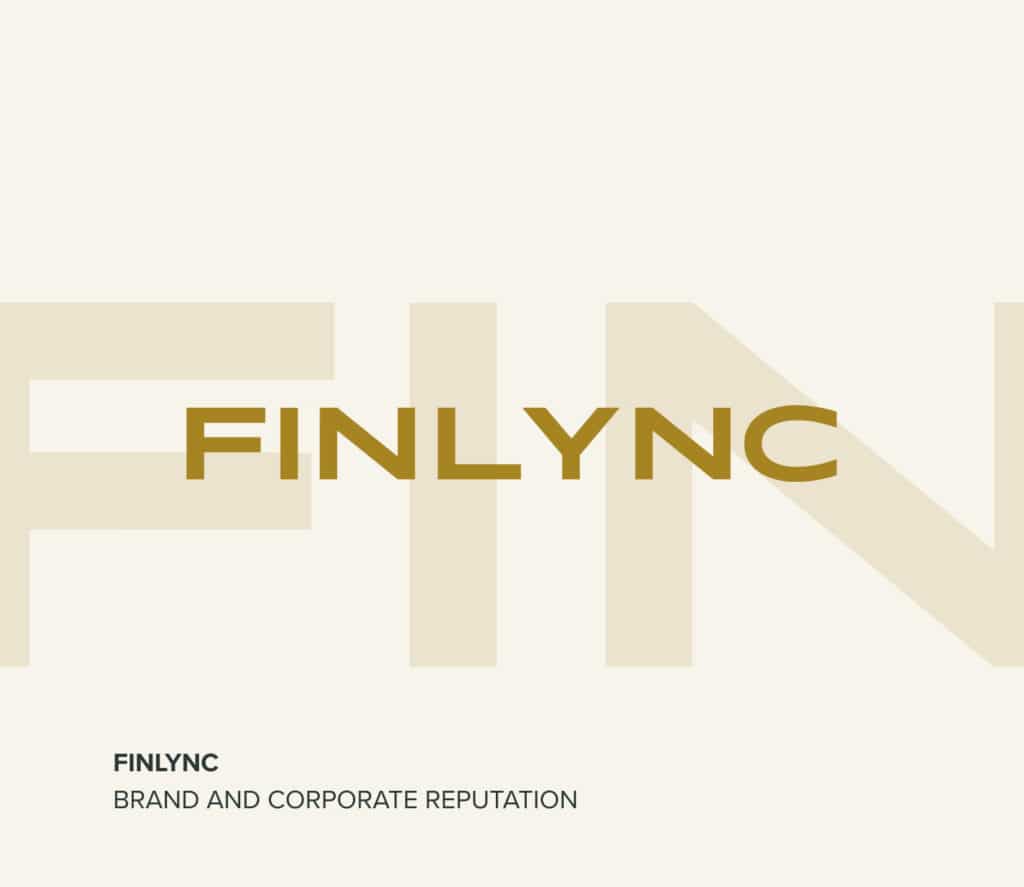It’s the most wonderful time of the year… And it’s also the time when our purses are pinched and our credit cards stretched. Christmas has always been expensive, but as we reach the end of this decade, we can reflect on the ever-growing influence that brands have on our spending behaviour at this time of year.
Black Friday
In a tradition which has boomed over the last ten years, US retailers have been slashing prices on the Friday after Thanksgiving since the 1950s. Amazon first offered these sales to UK customers in 2010 and on both sides of the Atlantic, almost every retailer now offers extended Black Friday sales. These are followed by pre-Christmas sales, a day of respite (Christmas Day) and then Boxing Day and January sales, meaning that for a solid two month period there are online and in-store bargains to be bagged. By using nudge techniques, native advertising, ‘exclusive’ codes and pop-up notifications which indicate that items are available for a limited time only, brands push consumers into making purchases without shopping around, comparing deals and considering whether they actually need the item.
Big budget TV adverts
From the end of October, commercial breaks on TV are filled with big-budget adverts from all kinds of brands – and they seem to get bigger and better every year.
According to a Retail Research report, UK retailers spent £6.8bn on this year’s theatrical treats, with the aim of connecting with customers, telling emotive stories around what Christmas is all about – and ultimately, helping them to hit their aggressive sales targets by encouraging spending.
Over time, they have become a British institution; we share, discuss and dissect each hotly anticipated advert every year, declaring that ‘it isn’t Christmas until I’ve heard the Coca Cola music’. They paint a perfect picture and create a sense that ‘unless you have all of these things on Christmas Day, it won’t feel like Christmas’.
“Let’s just do it, it’s Christmas”
It’s well documented that we’re increasingly driven by experience – and this ramps up at Christmas. From work parties, dinners with friends, pantomimes, carol services, and trips to European Christmas markets, we typically do more in December. And brands play an important role in influencing our decision making around this. The presence of brands on social media – both on their own channels and through influencers – highlight the experiences that other people are having and encourage consumers to book tickets, buy experiences and share them themselves, so they don’t miss out.
The influence of brands on our Christmas spending intensifies every year, with increasing pressure to have fun, splash the cash and treat ourselves. But with some brands now starting to take a stand against consumerism, are we transitioning into a new era? For example, Swedish men’s clothing brand ASKET shut down its website on Black Friday this year, with an error messaging reading “If we continue consuming at the level we are now, we will need a dozen planets to make ends meet… Today – Black Friday – kicks off another celebration of hyper-consumption for a short-lived material satisfaction.”
Let’s see where the next ten years take us, but in the meantime, I’m off to buy some Baileys – I saw it on a TV advert last night!
Recent blog posts:
Content isn’t just for Christmas
A Digital Yuan?
Why economists need English majors


